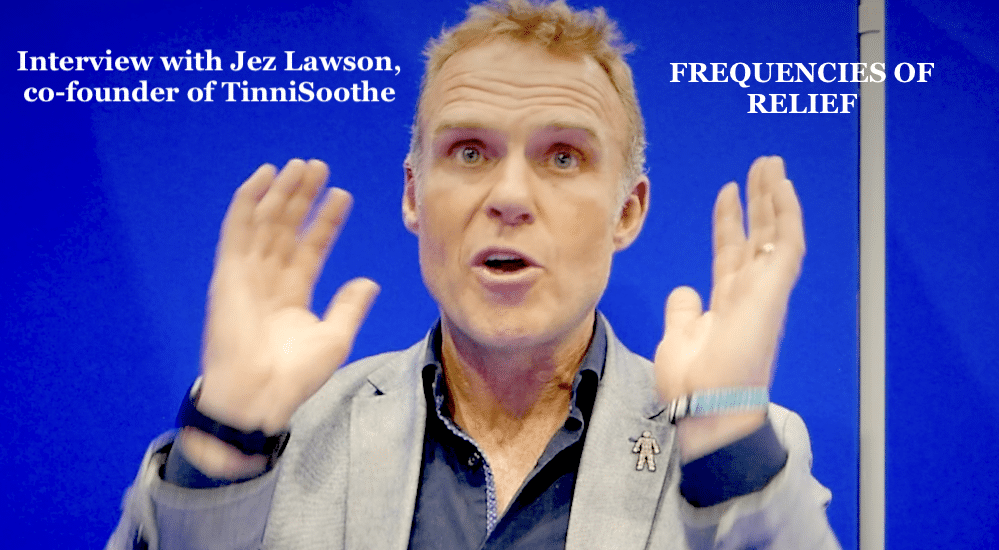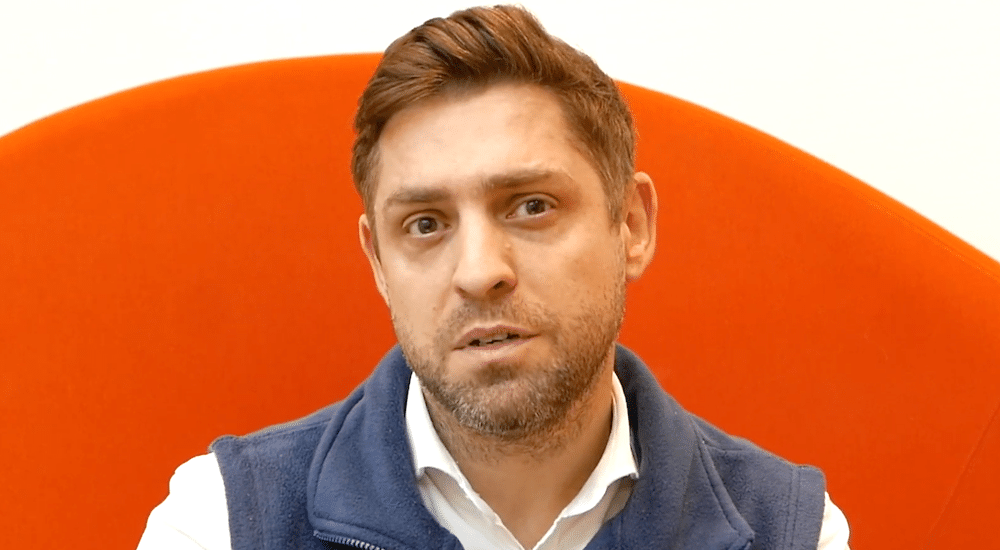Chatbot-based CBT app brings tinnitus improvement to 64% of test group subjects
A study by an international research team has reported that a new app - MindEar - is effective in decreasing tinnitus distress, and levels of anxiety and depression.

The app uses internet-based delivery of cognitive behaviour therapy (CBT), which to date has proven the most efficacious way of reducing tinnitus distress. The authors of the study, whose findings were published in January 2024 in the journal Frontiers in Audiology and Otology, also state that while addition of telepsychology might be beneficial, it is not essential for the effectiveness of treatment, i.e. the chat-bot functions well unsupported by human intervention.
MindEar, downloadable for iPhone and android users, aims to tune out the annoying tinnitus sound by equipping the mind and body with the tools to suppress stress hormones and responses, reducing the brain’s tendency to focus on the sound.
Twenty-eight people completed the study. Fourteen use the app’s virtual coach for 10 minutes a day for eight weeks. The other 14 participants were given similar instructions with four half-hour video calls with a clinical psychologist. At post-treatment, a clinically significant improvement was observed in 42% of the Tinnibot-only group and 64% of the hybrid-intervention group. At follow-up, this was 64% for both groups.
Publication of the findings was met with enthusiasm by the charity Tinnitus UK, which has followed the progress of the study team led by Dr. Fabrice Bardy of the University of Auckland, New Zealand.
Tinnitus UK Communications Manager Nic Wray said: “MindEar uses a new technology to delivery tinnitus management techniques that existing research has shown are effective for tinnitus. The results of this study are encouraging, and we hope that they can be repeated in larger scale trials. There is a huge need for affordable, accessible and effective tinnitus treatments for the one in seven adults living with this often overlooked and distressing condition.”
Source: Frontiers in Audiology and Otology
 Sign in
Sign in

